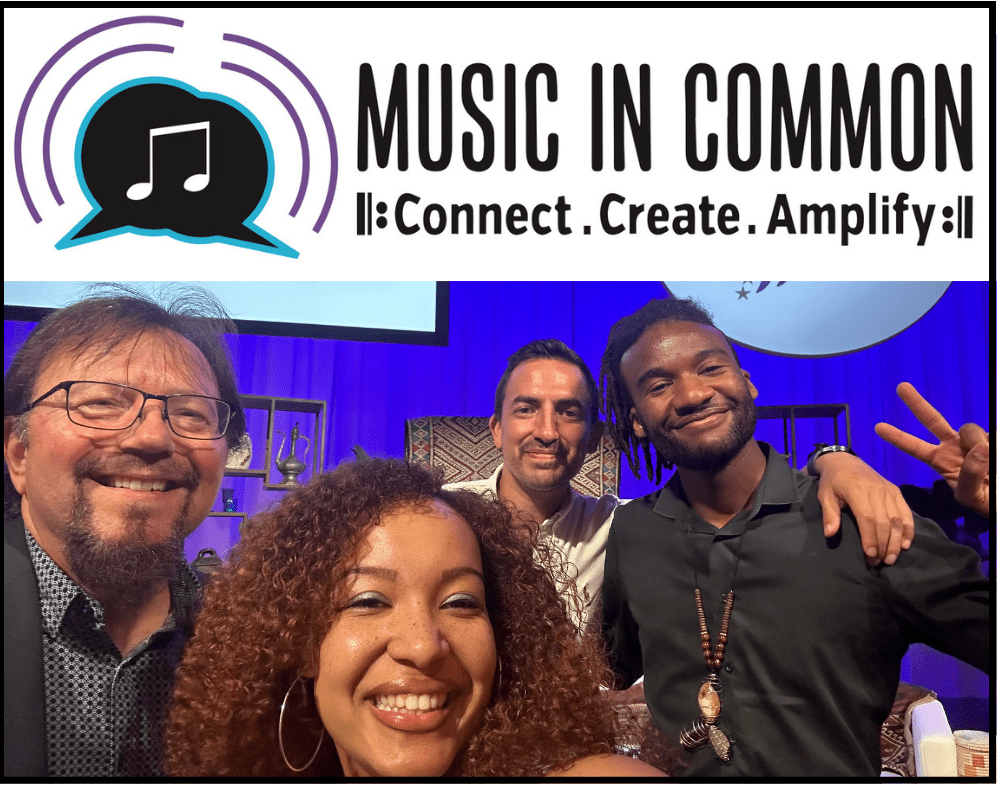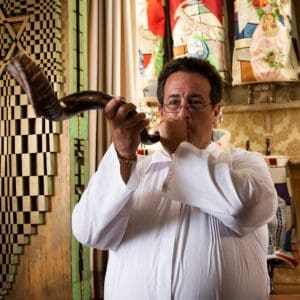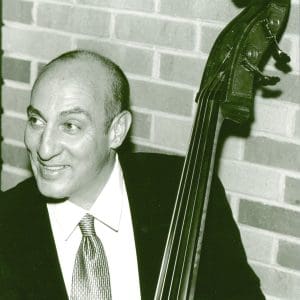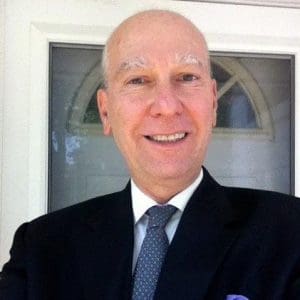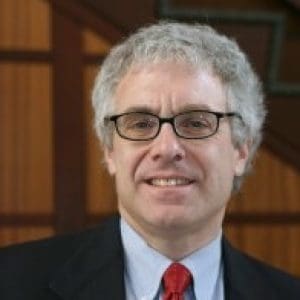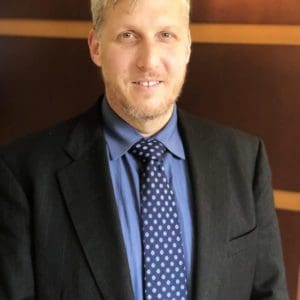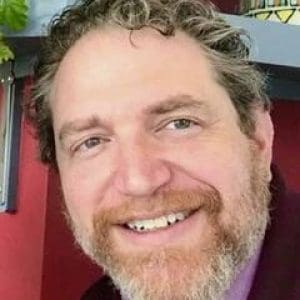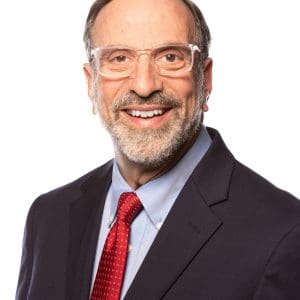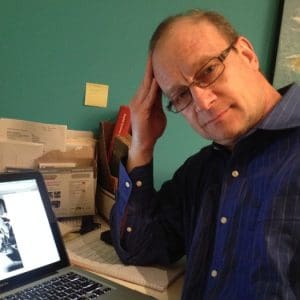MaNishma with Rabbi Arnold Goodman
Parshat Noach 5783
Power's Intoxication
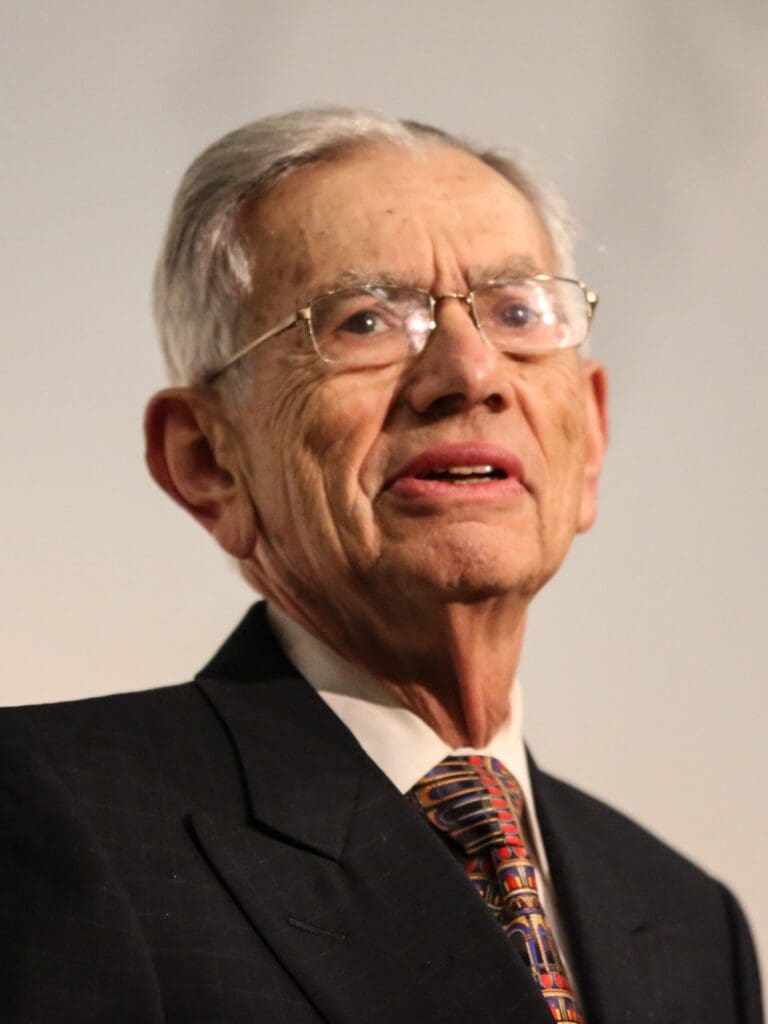
"Noah the tiller of the soil was the first to plant a vineyard. He drank of the wine and became drunk and uncovered himself within his tent." (Genesis 9: 20, 21)
The story of Noah's overindulgence in wine is well known. In a few words, the Bible describes the sorry spectacle of the "old man" in a drunken stupor, and his son, Ham, excitedly summoning his brothers to join him in viewing Noah in this weakened and shameful state.
Shem and Japeth, in an act of filial respect, cover their father. When Noah awakens and learns of Ham's disrespect, he curses him and his seed. Noah was embarrassed by his behavior, and Ham became the target of his father's anger and intoxication.
Our tradition, however, does not interpret this story as a mandate to abstain from wine; it does underscore, however, the danger and the folly of "overdoing it." Wine in moderation is acceptable. Wine to sanctify Shabbat and marriage is necessary. The golden mean, however, is the prism through which we are to view the consumption of alcoholic beverages. Drunkenness, however, is not merely frowned upon; it is perceived as compromising the potential of being created Btzelem Elo-him—in the Divine Image.
Sadly, there are other addictive substances that impact upon our potential of being in the Divine Image. For some, it is tobacco; For others, it is various kinds of narcotics which, once they become addictive, possess the potential of literally destroying one's life.
Individuals can be drunk with power and come to believe that they can be a law unto themselves. Elie Weisel once noted that the ultimate power is the power to control oneself, thereby not falling prey to Lord Acton's famous observation, "Power corrupts and absolute power corrupts absolutely."
The challenge facing those in a position of power is to view it as a potential source to better, not only oneself, but others in one's sphere of influence or life.
The President of the United States has awesome power. While in office, he is expected to use this power to advance the public good, and many occupants of the Oval Office have made extremely positive contributions to our society. Yet the temptation to use that power for personal gain is always there.
Robert Cato in Passages to Power, a remarkable study of Lyndon Johnson's first weeks in office following John Kennedy's assassination, describes a man who never hesitated to use whatever levers of power that were at hand. Having grown up poor, he had great empathy for the many who were mired down in poverty. Although now personally wealthy, he nonetheless used his first State of the Union address to declare war on poverty. Although a Texan where Jim Crow was the norm, he used his power to push through a major civil rights bill that outlawed discrimination in public facilities and guaranteed all Americans, regardless of color, religion or ethnic background, free and equal access to the ballot box.
Yet at the same time he could not overcome the American hubris that kept us fighting in Vietnam far too long. It was ultimately this refusal to compromise on his support of the war that led to his decision not to seek reelection in 1968.
Cato also paints a picture of Johnson who sought to silence critics in the media by putting tremendous and effective pressure on the owners of newspapers and TV stations. As President, his assets were to be placed in a blind trust with a trustee given the power to make all decisions regarding his holdings. Cato, however, describes how Johnson remained in constant contact with his trustee; his trust was thus far from blind.
What is true of Johnson is true of many in public office. The addiction to power is so intense that they believe they can take bribes, engage in illicit sexual behavior and act as if they are above the law. Like Noah, in the privacy of their tents (offices), they revel in their drunkenness, oblivious to the reality that their behavior can ultimately become public knowledge with the attendant embarrassment and often legal action.
The caveat before so many of us is that we are often in positions of power and can impact upon the lives of others. Parents have this power; Employers have this power; Media personnel have this power. The challenge is simple: Embrace Elie Wiesel's teaching that the real test is the power to restrain oneself. Nothing less is expected of us as human beings who are blessed to be created in the Divine Image.
—
From the holy city of Jerusalem Rae joins me in wishing you a Shabbat Shalom u'Mevorach, a Shabbat of peace and blessing.













